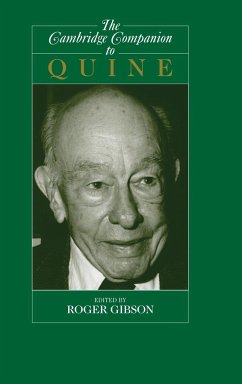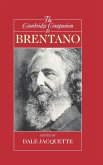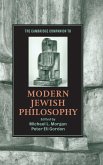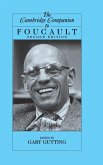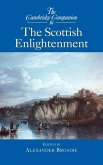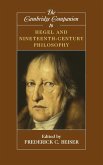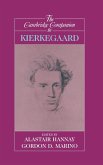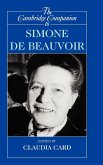W. V. Quine (1908-2000) was quite simply the most distinguished analytic philosopher of the later half of the twentieth century. His celebrated attack on the analytic/synthetic tradition heralded a major shift away from the views of language descended from logical positivism. His most important book, Word and Object, introduced the concept of indeterminacy of radical translation, a bleak view of the nature of the language with which we ascribe thoughts and beliefs to ourselves and others. Quine is also famous for the view that epistemology should be naturalized, that is conducted in a scientific spirit with the object of investigating the relationship between the inputs of experience and the outputs of belief. The eleven essays in this volume cover all the central topics of Quine's philosophy: the underdetermination of physical theory, analycity, naturalism, propositional attitudes, behaviorism, reference and ontology, positivism, holism and logic.
Table of contents:
1. Aspects of Quine's naturalized epistemology Robert Fogelin; 2. Quine on the intelligibility and relevance of analyticity Richard Creath; 3. Quine's holisms Ernest Lepore and Raffaella de Rosa; 4. Underdetermination of physical theory Lars Bergstrom; 5. Quine on reference and ontology Peter Hylton; 6. Indeterminacy of translation Robert Kirk; 7. Quine's behaviorism cum empiricism Roger F. Gibson; 8. Quine on modality Dagfinn Follesdal; 9. Quine and Logical Positivism Daniel Isaacson; 10. Quine and logic Joseph S. Ullian; 11. Quine on Quine Burton S. Dreben.
W. V. Quine (1908-2000) was quite simply the most distinguished analytic philosopher of the later half of the twentieth century. His celebrated attack on the analytic/synthetic tradition heralded a major shift away from the views of language descended from logical positivism.
Quine was quite simply the most distinguished analytic philosopher of the later half of the twentieth century.
Table of contents:
1. Aspects of Quine's naturalized epistemology Robert Fogelin; 2. Quine on the intelligibility and relevance of analyticity Richard Creath; 3. Quine's holisms Ernest Lepore and Raffaella de Rosa; 4. Underdetermination of physical theory Lars Bergstrom; 5. Quine on reference and ontology Peter Hylton; 6. Indeterminacy of translation Robert Kirk; 7. Quine's behaviorism cum empiricism Roger F. Gibson; 8. Quine on modality Dagfinn Follesdal; 9. Quine and Logical Positivism Daniel Isaacson; 10. Quine and logic Joseph S. Ullian; 11. Quine on Quine Burton S. Dreben.
W. V. Quine (1908-2000) was quite simply the most distinguished analytic philosopher of the later half of the twentieth century. His celebrated attack on the analytic/synthetic tradition heralded a major shift away from the views of language descended from logical positivism.
Quine was quite simply the most distinguished analytic philosopher of the later half of the twentieth century.
"The Cambridge Companion to Quine, like others in the series, would be a welcomed contribution to the shelves of philosophy students and professors alike. The only noticeable difference between this volume and others in the series is that, because of the interlocking nature of Quine's views, there is (happily in this case) more overlap between articles. Gibson's introduction to the Companion provides a brief biography of Quine's journey...then offers a brief but nonetheless brilliant exposition of Quine's systematic philosophy. The Companion's articles are generally of high quality also." - Aran Canes and Staff, Nathaniel Goldberg, Mount Saint Mary's University

